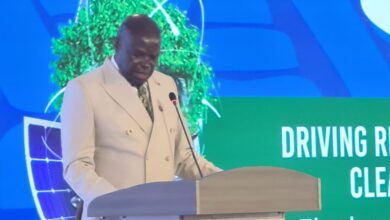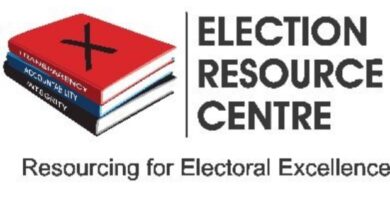Parliament slams ministers for chronic absenteeism, orders investigation

Peter Moyo
Harare – Zimbabwe’s National Assembly has raised alarm over the persistent absence of government ministers from parliamentary proceedings, prompting Speaker of Parliament Jacob Mudenda to order a formal investigation into the matter.
The Speaker’s directive follows a series of ministerial absences that have hindered government accountability and policy discussions.
In his address to Parliament on Wednesday, Mudenda expressed frustration over the repeated absence of Vice Presidents, Cabinet Ministers, and Deputy Ministers, who consistently submit apologies instead of attending scheduled sessions. He noted that such behavior violates Section 107(2) of the Constitution, which mandates ministers to be present in Parliament to answer questions on government policies and operations.
Parliamentarians voiced their concerns, accusing absent ministers of neglecting their duties and undermining the democratic process. Mudenda warned that the government’s credibility was at stake, as the public expects transparency and responsiveness from its leaders.
“My observation is that there are quite clear apologies that have been very consistent. My suspicion is that these ministers who tender apologies cannot be on national duty every week. It is impossible,” Mudenda said, drawing agreement from lawmakers.
He emphasized that ministers must seize parliamentary sessions as an opportunity to outline government programs, challenges, and solutions to the nation’s pressing issues. “We cannot afford to miss that golden opportunity. It is the taxpayer who shoulders the responsibilities for us to be in our offices, and that must be respected as well,” he stressed.
An analysis of parliamentary records revealed that numerous written questions submitted to various ministries remained unanswered for months. The Ministry of Finance, Economic Development, and Investment Promotion topped the list, with 11 questions pending since October 2024. Other key ministries, including Health and Child Care, Public Service, Labour and Social Welfare, Mines and Mining Development, and Lands, Agriculture, Fisheries, Water and Rural Resettlement, also had multiple outstanding queries.
The Speaker underscored that the backlog of unanswered questions reflected a governance crisis. “These questions of national interest must be dealt with, and ministers must indicate to the world that something is happening as far as the Executive is concerned,” Mudenda said.
While some ministers provided explanations for their absences, the Speaker called for accountability measures. He directed the Clerk of Parliament to conduct a thorough investigation into the pattern of absenteeism and recommend appropriate actions.
The development raises concerns about executive accountability, with some legislators suggesting that ministers who continually ignore parliamentary duties should face disciplinary measures. The Speaker hinted that repeated absenteeism could result in stronger penalties, including possible removal from office.
As Parliament seeks to enforce stricter attendance and accountability measures, all eyes will be on how the Executive responds to the Speaker’s directive. With key issues such as economic recovery, land tenure reforms, and social service delivery hanging in the balance, the demand for government accountability has never been higher.




